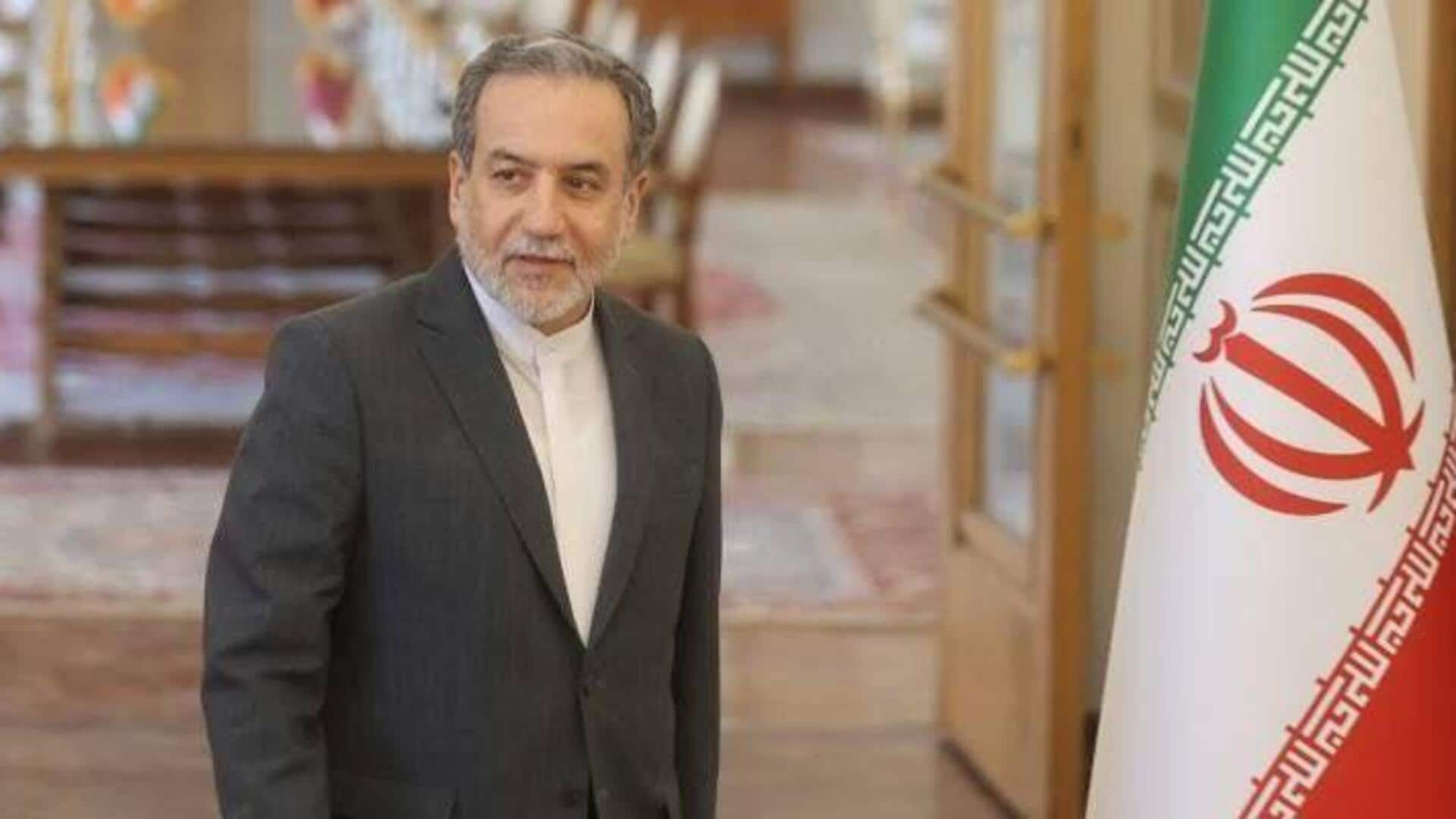
'Answer is no': Iran rejects any negotiation with Trump administration
What's the story
Iran has rejected any possibility of negotiations with the United States under President Donald Trump, accusing Washington of complicity in Israeli aggression. Iranian Foreign Minister Abbas Araghchi said, "The Americans have asked for negotiations, and our answer is no." He insisted that diplomacy would only be possible once Israeli attacks stop.
Accusations
US has been sending messages for negotiations: Iran
Araghchi also stated that Trump's rhetoric on Israeli military actions is proof of US involvement. He said, "There is no longer any need for proof," adding that calls for ending the war are growing. An Iranian official also confirmed that the US has been sending messages calling for negotiations, but Iran remains firm in its stance until the aggression stops.
Diplomatic diplomacy
European foreign ministers trying to bring Iran back to diplomacy
Meanwhile, European foreign ministers are trying to bring Iran back to the negotiating table. Ministers from Britain, France, Germany, and the European Union's foreign policy chief spoke to Araghchi earlier this week, urging Iran to return to the negotiation table. The discussions will take place in Geneva, where Iran and world powers reached an initial accord to limit its nuclear program in exchange for sanctions relief in 2013, followed by a comprehensive deal in 2015.
Program concerns
Iran enriches uranium to 60%
Iran's nuclear program has been a point of contention. Iran has long asserted that its program is for peaceful purposes. However, it has been enriching uranium up to 60%, a small technical step away from weapons-grade levels of 90%. The European powers, who weren't part of the initial negotiations with the US, are frustrated with what they deem some of Washington's demands unrealistic. They fear a weak initial framework could lead to open-ended negotiations without resolving Iran's nuclear capabilities.